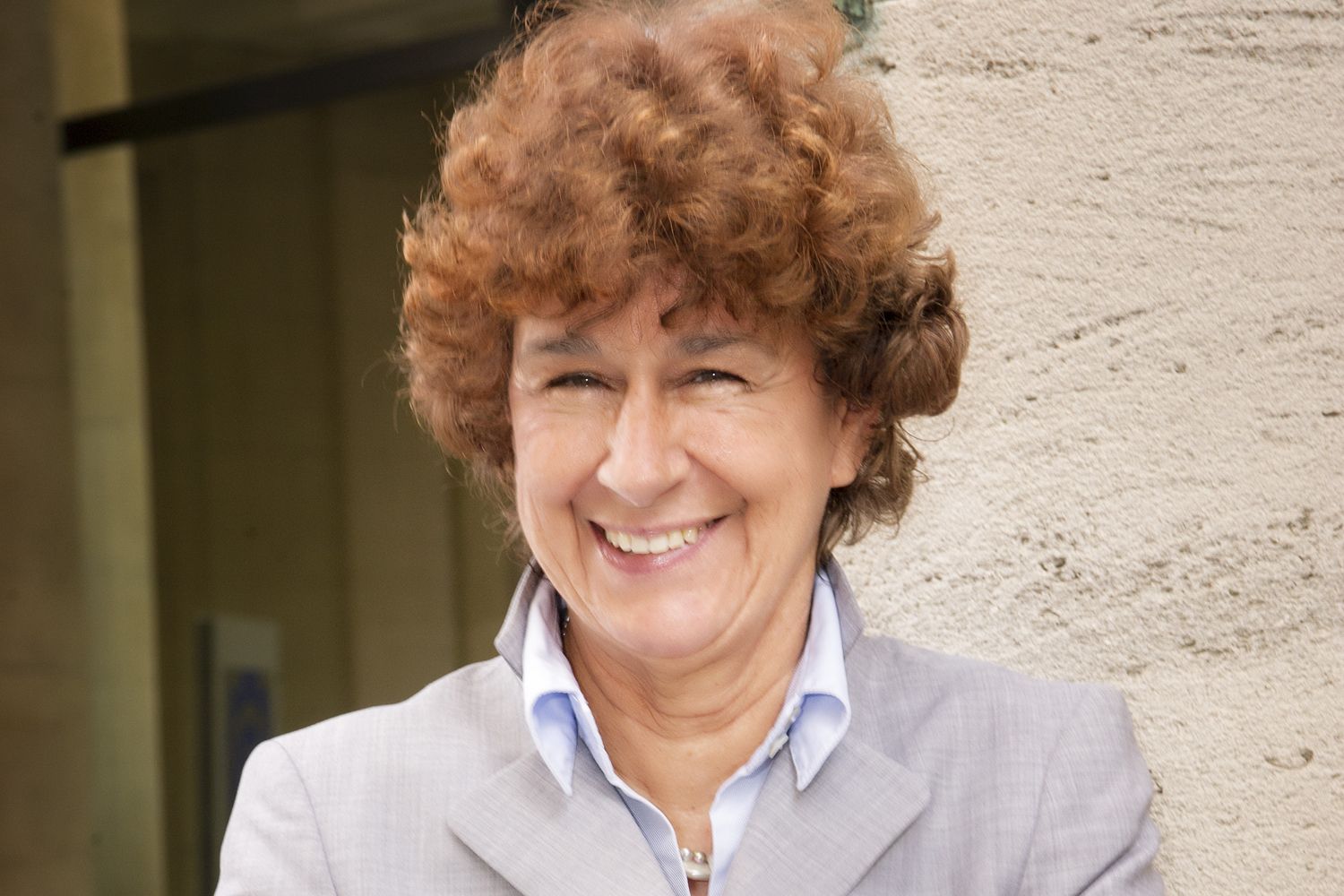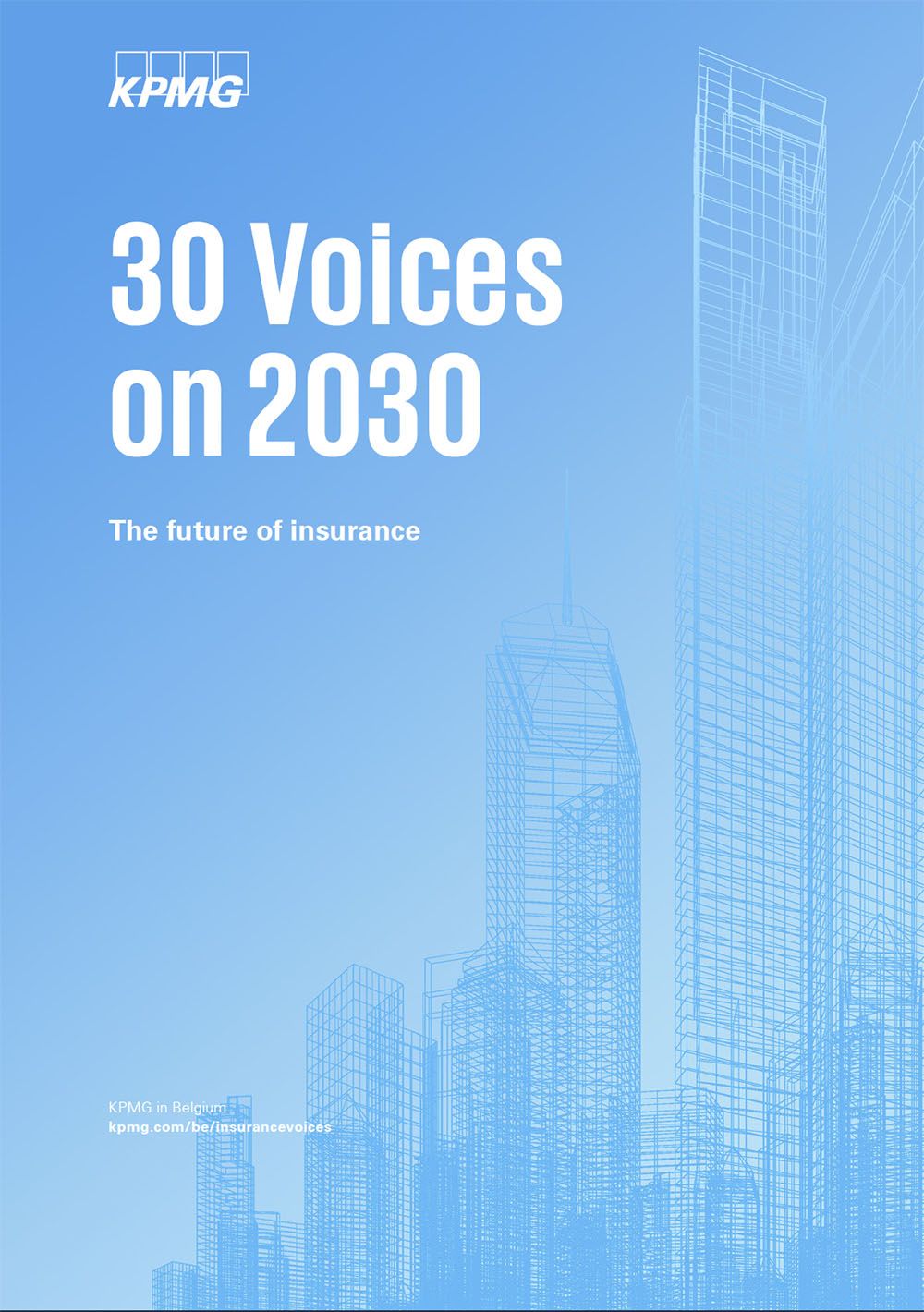The demographic shifts that Belgium is facing pose a serious challenge to keeping our pensions affordable. Pension funds have played a capital role in that process. How has their responsibility evolved today, in 2030? What was the environmental, social, and governance (ESG) influence? And how important is technology for them? Ann Verlinden, Secretary General at PensioPlus and Brigitte Bocqué, President at PensioPlus, share their vision.
The current environment in which pension funds and insurers operate is primarily influenced by European directives that are further enacted into national laws by each EU Member State. Today, in 2030, topics such as ESG, due diligence and IORP (Institutions for Occupational Retirement Provision) regulations are now all firmly cast into national laws and must be approached with caution. Compared to countries like the United Kingdom and the Netherlands, Belgium is still a very small country in terms of the size of our pension institutions. Not in terms of members, though: about fifty percent of our workforce is covered by pension funds, with the rest covered by insurers.
So yes, in the past decade the sector has grown regarding the number of people who are affiliated, but the number of institutions has not. Ten years ago, all of our members were companies and sectors. They have increasingly opened up their pension funds to other institutions, for instance through group insurances. There were several reasons for this switch. The first is that companies had many more opportunities to reach a higher return through pension funds than through insurance. It also became increasingly important for some companies to involve their affiliates in pension management. This is far easier to do through a pension institution, where joint management (between employers and employees) is common.
Accents
For employers, a fund has proven to be a better way of fulfilling their pension promise, more so than through an insurer. The latter mainly wants to sell a product, which may or may not meet your exact needs. As a business, it was also easier to place your own emphasis on particular factors through a pension fund, for example on ESG or certain social values. A fund operates with its own board of directors, which makes its own decisions on strategy and investment policy and can therefore adapt these decisions to the values of the company.

Ann Verlinden
Secretary General of PensioPlus

Brigitte Bocqué
Chairman of Pensioplus
Even today I think pension funds should play more of a social role than a commercial one. In this respect, we have one foot in the non-profit sector. A pension fund’s objective is not to earn big profits, and certainly not to have the profits end up with asset managers, for example. If profits are made at all, they are for the members.
ESG
I already mentioned that it is easier to stress certain values or themes in funds, for example ESG. The whole discussion in the joint committees concerning ESG has been very interesting to follow, with, for example, employees who want to accelerate the company’s ESG commitment and employers who would like to decelerate. Specifically in multi-employer funds, things can sometimes get heated, especially when there are no economic ties among the companies. What ESG means for a gas producer has always been very different than what it means for a company that specializes in renewable energy. Sometimes we also saw ESG being implemented in other, unexpected, ways such as granting affiliates an advance on their reserves to implement energy efficiency measures on their properties. That trend has been around for some time and still continues to grow.
A word about our investment horizon. Of course, we've had periods with fluctuating interest rates and volatile stock markets. And naturally we constantly keep an eye on coverage ratios, which, by the way, in multi-employer funds can vary widely by compartment, from 85 to 200 percent. But it also is still very true that we are and always will be long-term investors. We don't look at the future year by year; we make projections on data like demographics, the length of our liabilities and so on. Those parameters are much more important to us.

The pension fund industry has taken a giant step forward with major investments in technology.

Technology
The pension fund industry has taken a giant step forward by making major investments in technology. This was a necessary step, if only to meet our disclosure obligations. When the Belgian Financial Services and Markets Authority (FSMA) asks us, “what about your investments in Italian bonds?”, we can answer immediately. It has also inspired third parties to offer this information to the funds, so they can outsource this, if necessary. This is a situation that has existed for years in the insurance sector, and is important for affiliates, by the way, to inform them and provide them with correct data. With the help of technology, funds can add substantially to systems like Sigedis or MyPension, where the information is often too complex for ordinary citizens.
I would like to end with a reference to the war for talent that continues to rage in the sector in 2030. This plays out at different levels. The first is at the level of people involved in the entire pension system, where it is certainly difficult to find the right people. The second level is the striking scarcity of people who have the knowledge and experience to join a board of directors. The demands and desired professionalism are, understandably, very high, and those who meet them are few and far between. Relying solely on freelancers has been difficult because they expect to be remunerated. And most mandates on boards of directors are unpaid. So, I sincerely hope we can continue to find them.
About the interviewee
Ann Verlinden holds three master’s degrees. One in mathematics from Universiteit Antwerpen, one in actuarial science from KU Leuven, and a Master of Business Administration from Antwerp Management School. She started her career in 1990 at JMT Consulting and, after five years, made the switch to Tower Watson. In 2012, Ann Verlinden decided to continue her career at PensioPlus, as Senior Advisor. In 2018, Ann Verlinden became Secretary General.
Brigitte Bocqué holds a master's degree in Germanic languages from the Université Libre de Bruxelles and a master's degree in Management, Marketing and Finance from the Solvay Brussels School of Economics and Management. She spent most of her career at Suez Tractebel, including roles as Senior Vice President Compensation & Benefits, EVP Human Resources, H&S, Quality and as Group Employee Benefits Manager of Engie. Since May 2022, she has been Chairman of Pensioplus, the Belgian association of pension institutions. Bocqué is also a director at insurer Contassur, which assists five pension funds for Engie and the gas and power sector in our country.

Voices on 2030: The Future of Insurance
Discover more perspectives from the industry’s most inspirational and imaginative leaders.
Download full report ⤓
